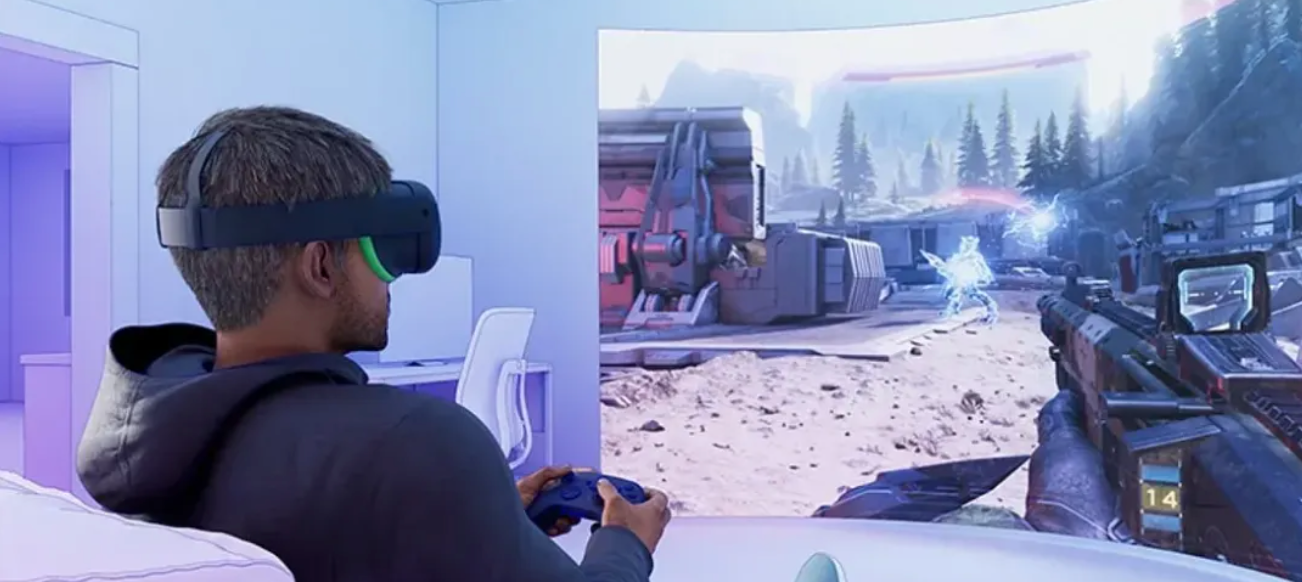Recently, The Information reported that Apple has significantly reduced production of Vision Pro, immediately sparking a wave of sensational headlines claiming "Apple Abandons Vision Pro." Is it really that serious?
To be honest, the audience's interest in this product isn't as high as I initially thought. Instead, products like the iPad mini and AirPods Max have garnered much more attention, even though they are already considered old-school.

Apple Has No Plans to Abandon Vision Pro
First and foremost, Apple has no intention of abandoning Vision Pro. If you read the news carefully, you'll find that there hasn't been any fundamental change. Cook simply instructed the team to focus on lowering the price and releasing a more affordable version. This direction makes sense, as Vision Pro is currently targeted at those willing to spend a significant amount to experience future technology early.
Cook recently mentioned this in an interview with The Wall Street Journal. He stated that the current version is for those "wanting to try tomorrow's technology," despite the high price of £3,500. He still believes this market is attractive enough. However, he also acknowledges that Vision Pro won't become a mainstream product in the near future.
Existing Issues with Vision Pro
Vision Pro has several issues. It's heavy and uncomfortable to wear for extended periods. Additionally, it requires an external battery pack, making its already quirky appearance even more ridiculous.
Secondly, VR and mixed reality devices have the problem of looking silly and causing dizziness. Sharing the experience with others is also difficult unless they enter your virtual world—which is a bit strange.
Comparing it to competitors like Meta Quest 3S, which costs only £290, Vision Pro's experience may be superior, but the latter offers much better value for money. It has a similar operating system, more applications and games, and importantly, its battery is built-in.
My Concerns
I've always been concerned that Apple has invested too much time and money into Vision Pro, making it difficult to back out. This product wasn't developed overnight but is the result of years of accumulation, costing billions. Now, it faces challenges not just from its high price but also from a changing era—they might not have anticipated that AI would suddenly become a hot topic, and consumer interest in mixed reality devices might be much lower than expected.
Most ordinary users don't care about these cutting-edge technologies. They just want a good camera, long battery life in a phone, or a fuel-efficient and smart car. AI, VR, and such don't hold much appeal to them.
The Future Lies in Glasses, Not Headsets
Despite this, Vision Pro remains a groundbreaking product. If you haven't experienced it yet, I recommend trying the demo at an Apple store; it's truly awe-inspiring.
Vision Pro showcases a direction for future computing, and I agree with Cook's view. The future won't be about phones but smart glasses.
Meta has also made significant explorations in this direction, such as their Meta Orion glasses, which, although not yet mass-producible, have shown the future's potential. Apple's goal is the same—the future belongs to glasses, not these bulky headsets.
Of course, achieving this goal will take a long time. Vision Pro is still far from the era of smart glasses for the mass market. Apple won't sacrifice quality to speed up the process, so this journey might be longer than we imagine.
Conclusion
Apple hasn't abandoned Vision Pro, but it faces significant challenges. I have some reservations about the device's future, but it will undoubtedly be an interesting journey. That's all for this episode; thank you for watching! See you next time!